Men’s Y-Chromosome is IN PERIL
Table of Contents
Introduction
It is the Y chromosome, a relatively simple component of male biology, which came recently under sharp scientific debate and research. A critical determinant of the male sex in most mammals, including humans, its role is vital, but recent studies have indicated that this particular chromosome degenerates with implications that may go down well into the future of male fertility and even the human species as a whole.
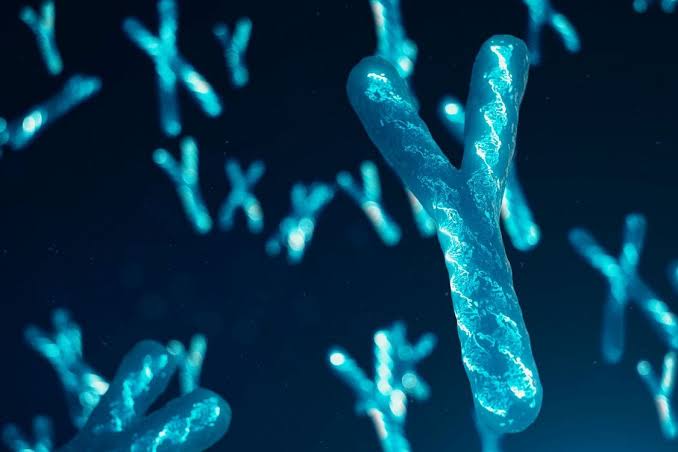
Understanding the Y-Chromosome
What is the Y-Chromosome?
The Y-chromosome is one of the sex chromosomes in humans, and the other is the X-chromosome. Unlike the X-chromosome that occurs in both males and females, the Y-chromosome is present only in males. It holds genes which are important for the development of male reproductive organs and fertility as in the form of sperm production. Normally, a fertilized egg develops to become a male offspring because of the presence of the Y-chromosome.
In the formation of the male fetus, the SRY gene on the Y-chromosome triggers the creation of testes. It initiates the developmental pathway that gives rise to all male physical and reproductive features. Other genes are on the Y-chromosome and play an important role in the production of sperm and general male fertility.
Evolutionary History of the Y-Chromosome
The Y-chromosome has undergone a great deal of changes in the past. It is believed to have evolved from a pair of identical chromosomes over 300 million years ago. It lost most of its original genes due to this, hence it is much smaller today compared to the X-chromosome.
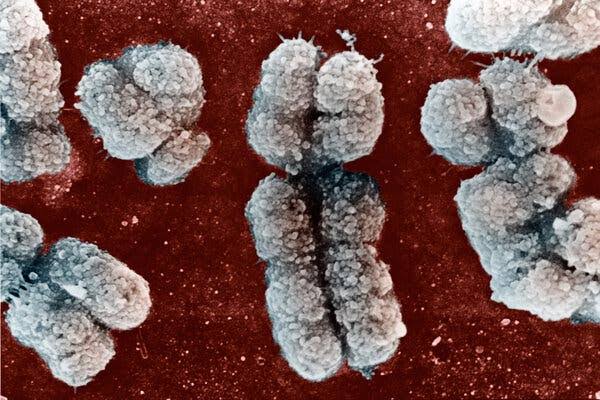
Degenerative Y-Chromosome Manifestations
Small Y-Chromosome Size
Shrinking size is the most alarming sign of degeneration for the Y-chromosome. The scientists had found that this chromosome was losing genetic material for millions of years. This reduction in size raises a threat about losing those essential genes.
Loss of Genetic Material
Hence, the size reduction is not just the decrease in size but is accompanied with loss of essential genes necessitated for male fertility and health. This is also endangered due to poor quality as well as diminished quantity of sperm, which actually culminates in a decrease in reproductive success in males.
Comparison with Other Chromosomes
Unlike most of the other chromosomes that are potentially able to recombine, or interchange genetic material, across the chromosomes during cell division, the Y-chromosome is largely unable to carry out this process. The Y chromosome can’t readily repair mutations and, thus is more likely to harbor detrimental mutations over time.
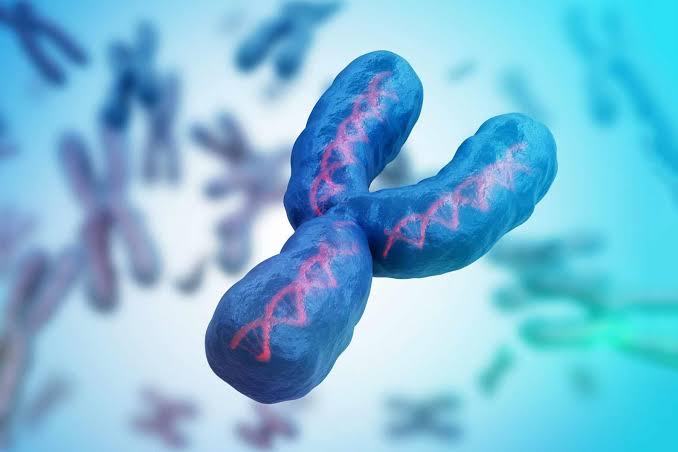
Scientific Studies and Evidence
Major Studies Highlighting Y-Chromosome Degeneration
Some massive studies have suggested that the human Y-chromosome is still degenerating. One such study recently published in Nature found that the human Y-chromosome had lost hundreds of genes over 300 million years and it now has only about 50. Another study carried out at the University of Copenhagen found that the Y-chromosome in some species of rodents had almost disappeared, which raises a question on the fate of the human Y-chromosome.
Case Studies and Statistical Data
A statistical analysis of data from studies involving genetics reveals that the integrity of the Y-chromosome is decreasing. For example, by conducting an analysis of the various Y-chromosomes found in human populations, there exist evident trends regarding increases in mutations which indicates probable declines in fertility and the reduction of genetic diversity.
Opposites Findings and Debates
Though there is more than enough evidence to prove that the Y-chromosome degenerates, there has also been contradicting evidence. Some scientists show the rest of genes on the Y-chromosome are very specialized and critical to the survival of the species, thus the chromosome is less threatened than it seems. This debate shows that research into the full extent of Y-chromosome’s future must continue.
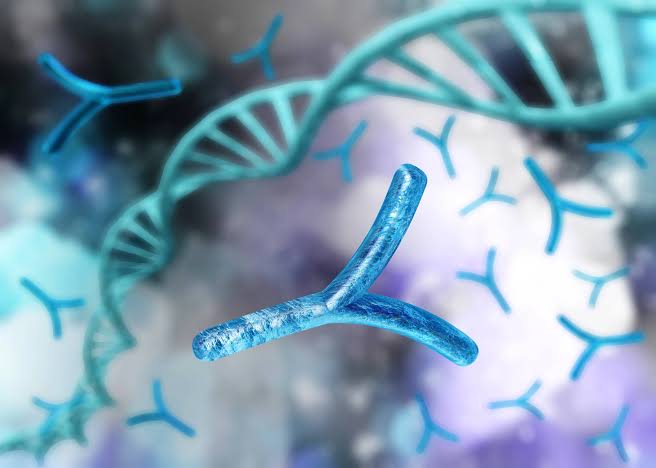
Possible Causes of Y-Chromosome Degeneration
Genetic Mutations
One of the primary reasons behind Y-chromosome degeneration is genetic mutations. As the Y chromosome lacks recombination, it tends to harbor detrimental mutations. Over time, these mutations can lead to the loss of essential genes.
Environmental Contributing Factors
Environmental factors, such as toxins and radiation, may also contribute to Y-chromosome degeneration. Scientists have proven that environmental stressors can lead to mutations in the Y chromosome, further weakening it.
Evolutionary Theories
There are several evolutionary theories that attempt to explain why the Y-chromosome degenerates. Among these theories, one postulates that the Y-chromosome is merely suffering from genetic drift-a process where random mutations continue collecting over time. Another theory attributes loss of particular genes on the Y-chromosome to sexual selection pressures.
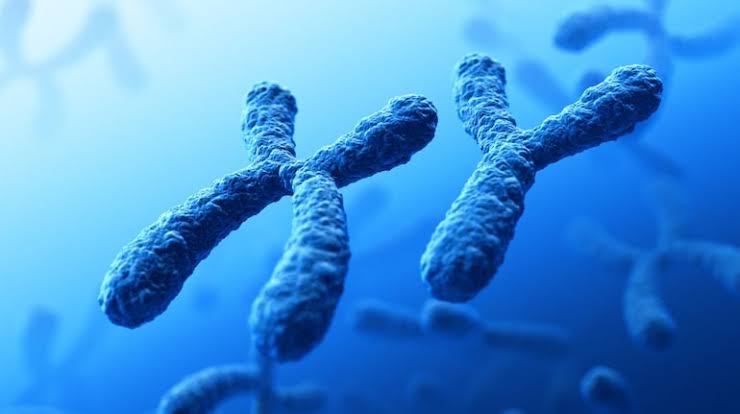
Implications of Degeneration of Y-Chromosome
As it concerns male fertility, it is at least conceivable that degeneration of the Y-chromosome could detrimentally affect fertility in males.
Degeneration of the Y-chromosome has a significant straight on outcome towards male fertility. Loss of essential genes, germinal cells, reduce healthy possibility chances of sperm. Lead loss has lower fertility rates. This decrease might be far-reaching and effective in population changes and human race continuation.
Long-term Effects on the Human Population
Continued degeneration of the Y-chromosome would mean that, in the future, natural reproduction in males would become increasingly challenging. This may necessitate the existence of new reproductive technologies to ensure the survival of mankind. Long-term effects on genetic diversity and population health are yet to be known, but this is a cause for concern.
Ethical and Social Considerations
The potential degeneration of the Y-chromosome brings along various ethical and social issues. For example, the possible preservation or replacement of the Y-chromosome via genetic engineering may raise an issue about the ethics of genetic modifications. There could also be a need for a shift in the societal perspective regarding male fertility and the male’s position in reproduction.
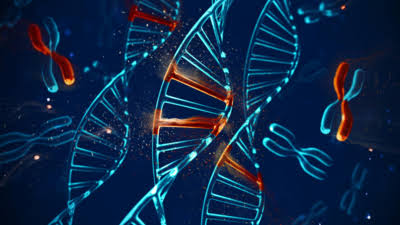
Current Technological and Scientific Interventions
Genetic Engineering Advancements
Genetic engineering advancements provide the potential of solving the degeneration of the Y chromosome. The problems with the degeneration can be rectified through gene therapy or genetic modification techniques, which can either correct or replace deformed genes on the Y chromosome to prevent further degeneration.
CRISPR and Gene Editing Technologies
They hold much promise in genomic mutation correction. Precise targeting and editing can preserve the integrity of the Y-chromosome and prevent loss of vital genetic material.
Another field of research is the creation of artificial chromosomes. In this domain, biologists are striving to obtain artificially synthesized chromosomes that may eventually substitute for the Y-chromosome or supplement its function. At present, still in an experimental stage, this technology might become a hope for men with fertility issues.
Preventive Measures and Public Awareness
Importance of Genetic Health Check-ups
Genetic health checks regularly can identify one’s early signs of degeneration in the Y-chromosome. This therefore allows the intervention to take place at the right time also possibly avoiding further genetic damage. Public health practices have to sensitize the public on the need for genetic screenings, particularly males.

Genetic Health Lifestyle Changes
They can avoid lifestyle changes that adversely affect genetic health and lead to the loss of the Y chromosome. These include environmental toxins, healthy diets, and proper stress management. Lifestyle choices should be reminded to men through public health campaigns.
Public Awareness Campaigns
Public awareness regarding the risk possibilities due to degeneration of Y-chromosome should be heightened. Awareness campaigns can be conducted among people regarding the relevance of health and ways by which it can be preserved. Hence, advanced awareness would lead to more support for research and preventive mechanisms.
Future Outlook
Research and Development That Is Underway
Researches have been carried out on the character of the Y-chromosome and how it tends to be degraded. Scientists, year after year, continue to discover more factors – genetic and environmental – that determine or create an unhealthy Y-chromosome. Coupled with such discoveries, these are paving the way for new treatment and prevention methods.
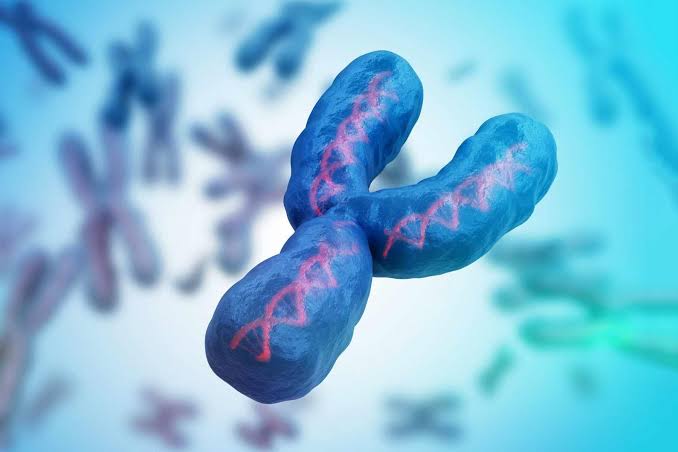
Predictions and Speculations of Experts
Experts have given various opinions concerning the future of Y-chromosome; while some pessimistically predict further degeneration, others are hopeful that further findings of science will find ways to preserve them. This seems to be calling for further research on the said issue.
Long Term Solutions
Ways of Preserving Y-Chromosome
For example, long-term preservation of the Y-chromosome can be achieved through a combination of genetic engineering, lifestyle changes, and public awareness. It can be assumed that it is just a matter of time before the problem is addressed from various angles which will stop or even reverse the degenerating process with regard to the future prospects of male fertility.
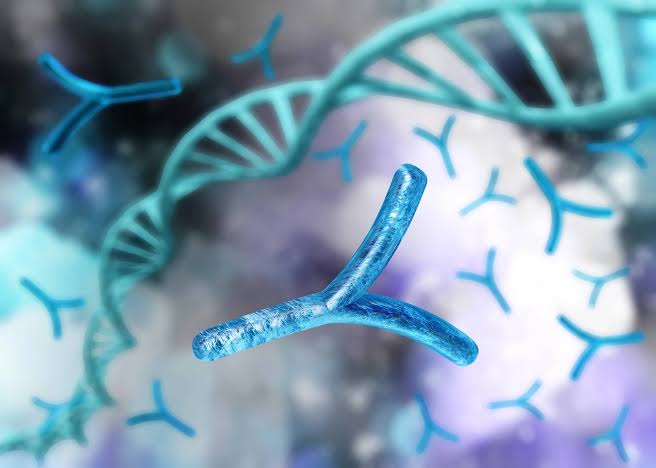
Conclusion
Among these challenges, the Y-chromosome is an important constituent of male biology; it faces a high risk of deterioration. Scientific evidence does refer to the loss of genetic material in the Y-chromosome, but research is still going on and its technology improves. A higher level of public awareness of healthy lifestyles and investments in genetics can help mankind to preserve the Y-chromosome and keep male fertility open for the future.
FAQs
What is the Y-Chromosome and why is it important?
It is one of the two sex chromosomes in humans, responsible for male development and reproduction. The Y-chromosome carries very important genes that help in the formation of male reproductive organs and sperms.
What’s happening to the Y-Chromosome?
The degeneration of the Y-chromosome is because of the loss of genetic material and also the addition of deleterious mutations, which causes a reduction in the size of the chromosome over time along with the loss of essential genes.
What is needed to prevent the degeneration of the Y-Chromosome?
Preventive measures include periodic check-ups for genetic health, alterations in lifestyle to prevent deterioration in genetic health, and increased public awareness. The potential benefits of progress made in genetic engineering and gene editing may also help in restoring fertility.
How does degeneration in the Y-Chromosome affect fertility?
Degeneration in the Y-chromosome finally impacts sperm quantity and quality, which directly affects male fertility. This decline in fertility can have extreme impacts on human population dynamics and the continuation of the species
Are there treatments for this condition?
Currently, no treatment can be used for Y-chromosome degeneration. However, the future interventions based on genetic engineering and gene editing technologies, particularly the one by CRISPR, may promise something better.
.




